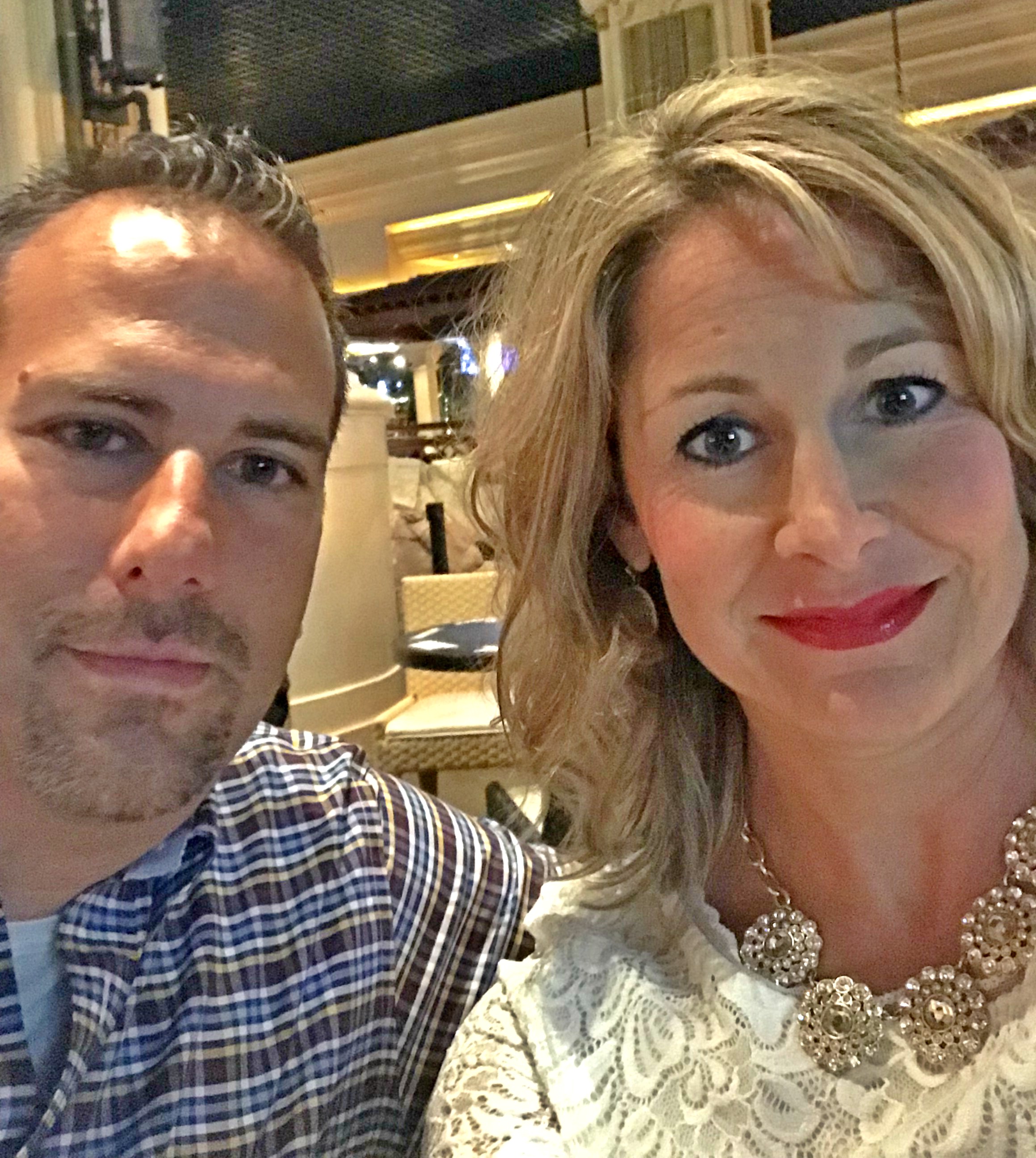
January is Cervical Cancer Awareness Month. For one Keystone Health provider, this month has a personal importance. Amy Colli is a Certified Registered Nurse Practitioner, and is also a cervical cancer survivor. She wants to share her story in hopes of increasing awareness, stressing the importance of early detection, and encouraging parents to do all they can to make sure their children don’t have to go through what her own family endured.
How And When Were You Diagnosed?
I had a routine Pap test during my annual women’s care exam in May of 2014. (Paps are tests used to detect cervical cancer.) Shortly after, I received a phone call stating that I had tested positive for HPV – the Human Papilloma Virus – and that a biopsy was needed to check for cervical cancer. After the biopsy, I received another phone call with the news that I had adenocarcinoma in situ, which means cancer cells were found in my cervix, but that it had been caught early and the cancer cells had not yet spread to surrounding tissue. I was told that my husband and I needed to come in first thing the next morning to discuss treatment options.
Did You Have Any Symptoms Before Being Diagnosed?
No. I was shocked because I had no symptoms at all, and my Paps had always been normal. I was an avid marathon runner and led a very healthy lifestyle. As a Pediatric Nurse Practitioner, I gave daily advice on the importance of vaccinating against HPV. Little did I know how personal it would all become.
What Was Your Reaction To Being Diagnosed?
When I was given the news that I had cervical cancer, I was shocked and scared. I was very sad when I learned that a hysterectomy was necessary, but also felt very grateful that I had two beautiful, healthy children and was not planning on having more. I could not imagine getting that news if I had been younger.
What Do You Want Others To Learn From Your Experience?
Yearly screenings are so very important. We take our children to all of their well child check-ups, but as women, we don’t always make our health a priority. Prevention and early detection can make such a huge difference on outcomes.
I also want to make people aware of the importance of vaccinating their children for HPV. Both boys and girls should be vaccinated beginning at age 9. Young women can be vaccinated through age 26, and young men through age 21.
I think my mom said it best when she told me through tears that she felt very guilty that she wasn’t able to protect me from this nightmare because the HPV vaccine wasn’t available when I was young. I find it extremely frustrating that the vaccine is controversial because HPV is sexually transmitted. If there was a breast cancer vaccine available, people would be lining up for it.
There are more than 3 million new cases per year of HPV in the United States, and vaccinating against HPV can protect against the strains that cause cervical cancer. I would give anything to not have to go through what I did, and knowing that a vaccine is now available gives me hope for the future.
This article contains general information only and should not be used as a substitute for professional diagnosis, treatment or care by a qualified health care provider.




